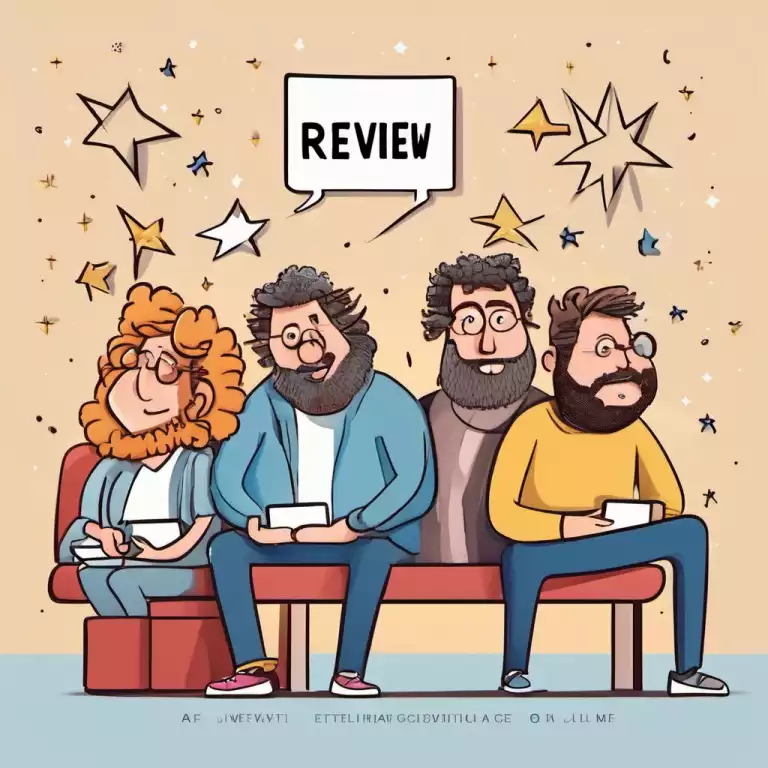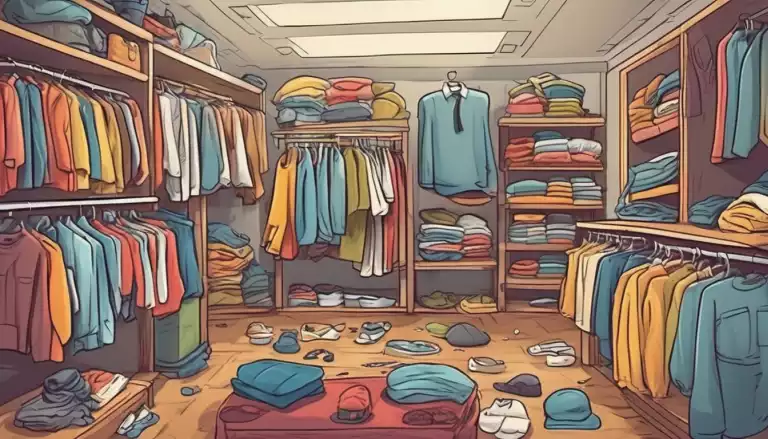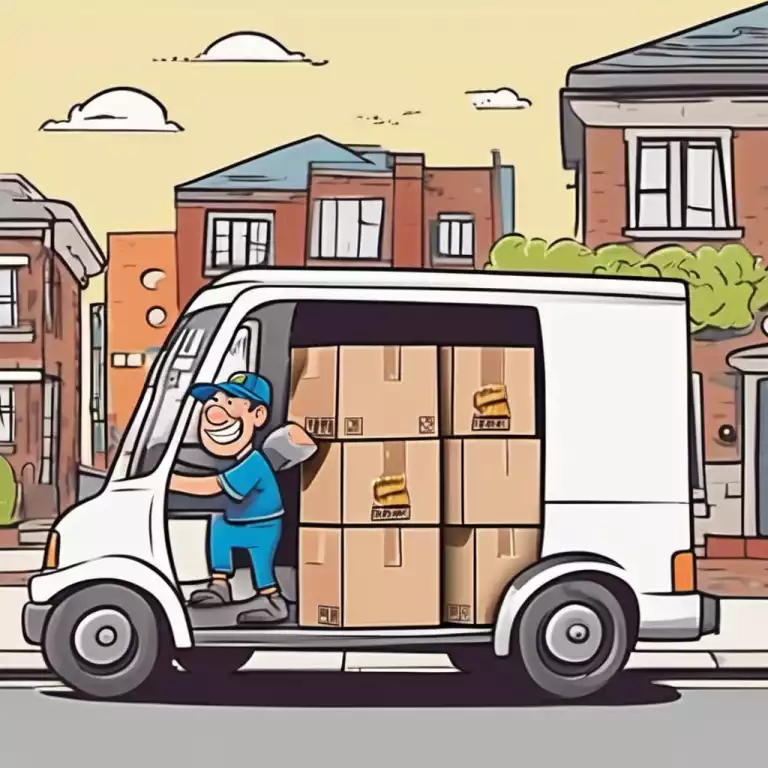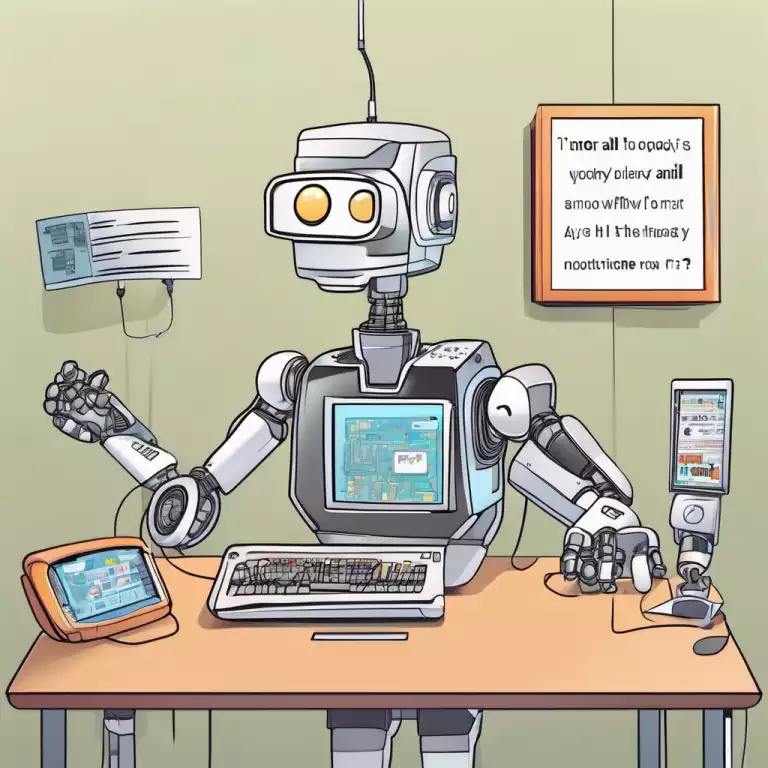Free Government Assistance
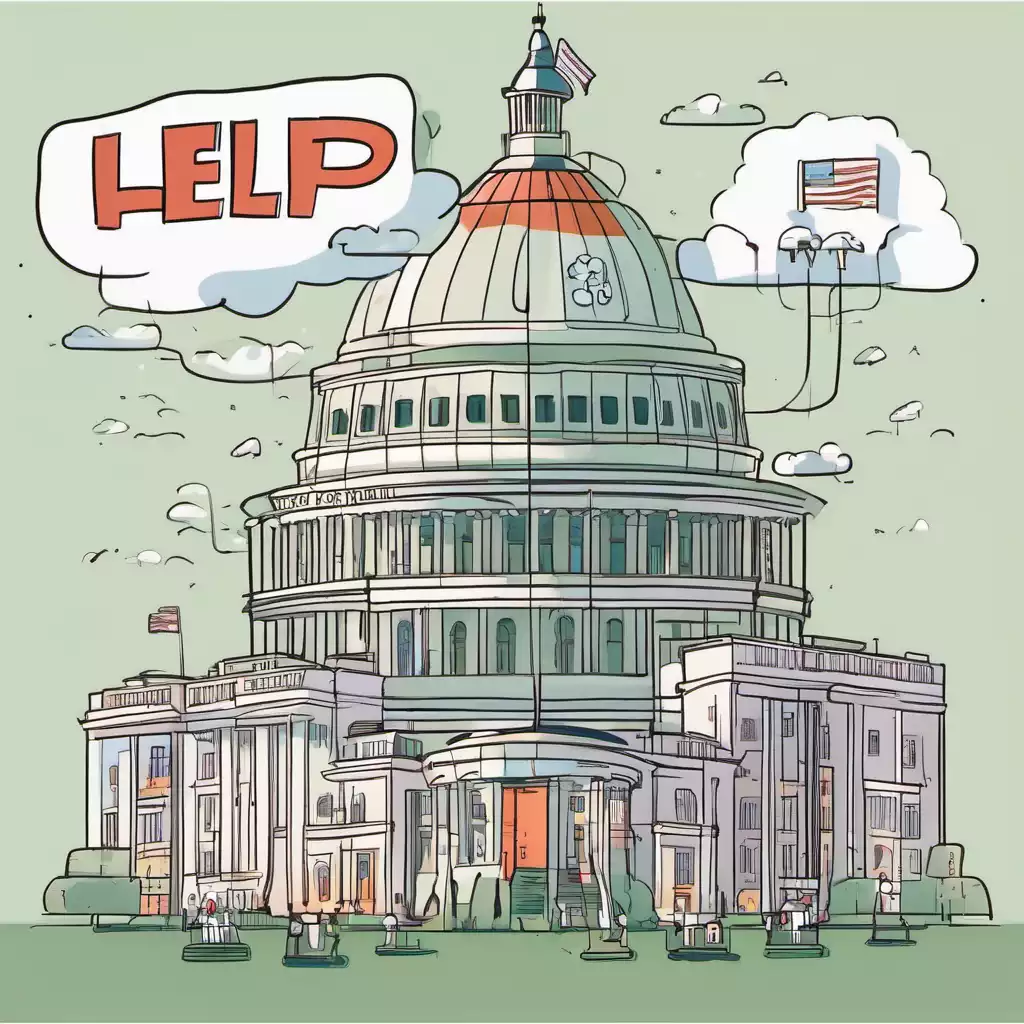
There are government assistance programs currently available to help low income households pay for groceries, utilities, and a portion (or even all) of rent or mortgage. This article will outline the various services available to you and provide links and information to help you get started with your application.
The exact criteria for qualifying can vary depending on the program, but generally speaking, they're designed to help low-income individuals, seniors, the disabled, and families have access to the basic necessities of life.
Keep in mind, in order to determine your eligibility, most of these programs require you to provide documentation verifying your age, income, address, and other relevant information.
Applying for government assistance can be daunting, but it's important to remember that we all need help at some point in our lives. Don't be afraid to reach out and see if you qualify for any programs that could make things easier for you. Remember, it's okay to ask for a little extra support when you need it!
Food Assistance
Government food assistance programs offer a wide range of support to help families access nutritious food. This includes food stamps, coupons, and meal packages for seniors, as well as free school breakfasts and lunches for students. Additionally, children and teens can receive free meals during summer break. There are also services available for new moms and young children.
Emergency Food Assistance
- If you need help finding food, you can call the USDA National Hunger Hotline at 1-866-3-HUNGRY (1-866-348-6479) or 1-877-8-HAMBRE (1-877-842-6273). They are open Monday through Friday from 7:00 AM to 10:00 PM Eastern Time.
- Call 211 to connect with agencies and community organizations that can help you find food and other resources near you.
- Find your nearest food pantry by entering your zip code into the HUD's Find Shelter tool. It's as easy as pie!
Food Stamps
The Supplemental Nutrition Assistance Program (SNAP), also known as food stamps, can help low income households pay for food. Every month, SNAP benefits are deposited onto your own Electronic Benefits Transfer (EBT) card to use when buying groceries.
How to Apply
Every state has its own eligibility requirements and application form. To apply for food stamps, contact your state or local SNAP office.
The WIC Program
The Special Supplemental Nutrition Program for Women, Infants, and Children (WIC) can help low income moms and young children get food and social service referrals.
If you are applying for yourself, you must meet at least one of the following criteria:
- Pregnant
- Breastfeeding (up to the baby's first birthday)
- Within six months of giving birth or the end of your pregnancy
If you're applying for your kids, they need to be under 5 years old.
How to Apply
Your state or local WIC agency will provide you with information on how and where to apply, as well as what documents you need to bring to your appointment.
School Meals
During school season, your child may be eligible to receive free or reduced-price meals at school through various programs:
- The National School Lunch Program
- The School Breakfast Program
- The Special Milk Program, which offers milk to children in schools and child care facilities that do not take part in a federal school meal program.
How to Apply
Ask your child's school for a meal program application. You can do this at the start of the school year or anytime your financial situation changes.
The Summer Food Service Program
Children and teens aged 18 and under can get free meals even during summer break. Most sites offer one or two meals per day, but some sites provide up to three meals daily.
How to Apply
No need to fill out an application or worry about income limits. Just search for a summer meals site near you.
Food Assistance for Older Adults
If you're 60 or older, you might qualify for food assistance through different programs, based on your income:
- The Senior Farmers Market Nutrition Program (SFMNP) offers coupons for fresh fruits, vegetables, honey, and herbs that can be used at farmers markets, roadside stands, and community farms.
- The Commodity Supplemental Food Program (CSFP) offers a monthly package of nutritious food. The USDA delivers the food to local agencies for you to pick up. In certain states, you may even qualify to have your food delivered right to your door!
Utility Assistance
Phone and Internet Bills
Lifeline is a federal program that offers a monthly discount of up to $9.25 for low-income subscribers (and up to $34.25 for those on Tribal lands). You can get the discount on either a landline or cell phone service, but not both at the same time. Lifeline also helps with broadband Internet and broadband-voice bundles. Remember, you can only have one Lifeline service per household.
Lifeline is available in every state, commonwealth, territory, and on Tribal lands.
How to Apply
There are a few ways you can sign up for Lifeline:
- One option is to apply through the Lifeline program's online portal at lifelinesupport.org.
- Another way to apply is by working with a Lifeline service provider directly. You can do this in person at a store location or online through the service provider's website if they offer that option. To find a Lifeline provider in your state, visit cnm.universalservice.org.
Heating and Cooling Bills
The Low Income Home Energy Assistance Program (LIHEAP) can help low income households pay their heating and cooling bills. The federal government doesn't give you money to pay your energy bills directly. Instead, federal funding is given to states, territories, and tribes, and they create their own rules and procedures for receiving LIHEAP assistance.
How to Apply
Every state has its own set of rules regarding when, how, and what criteria you need to meet in order to apply for assistance. The best way to get information tailored to your situation is to reach out to your local LIHEAP office.
Welfare Benefits
Temporary Assistance for Needy Families (TANF) is a program funded by the federal government and run by each state. TANF, also known as welfare, provides help with things like food, housing, home energy, and child care to families in need.
How to Apply
Each state has its own set of guidelines determining who is eligible for financial assistance. Contact your local TANF office for details.
Social Security
Supplemental Security Income (SSI) or Social Security Disability Insurance (SSDI) provides money to help with essentials like food, clothing, and housing if you are 65 or older or have a disability. Your spouse or children may also be eligible for benefits.
How to Apply
Use the Benefit Eligibility Screening Tool to check if you qualify for SSI or SSDI.
Housing Assistance
Housing choice voucher (Section 8)
Housing choice vouchers are available for families with low incomes, seniors, and individuals with disabilities. These vouchers can be used to rent privately owned single-family homes, townhouses, and apartments. They can cover all or a portion of the rent.
How to Apply
Contact your local public housing agency to find out if you are eligible for a housing choice voucher.
Local Homeless Shelters
HUD maintains a local homeless assistance list of shelters and housing in each state.











